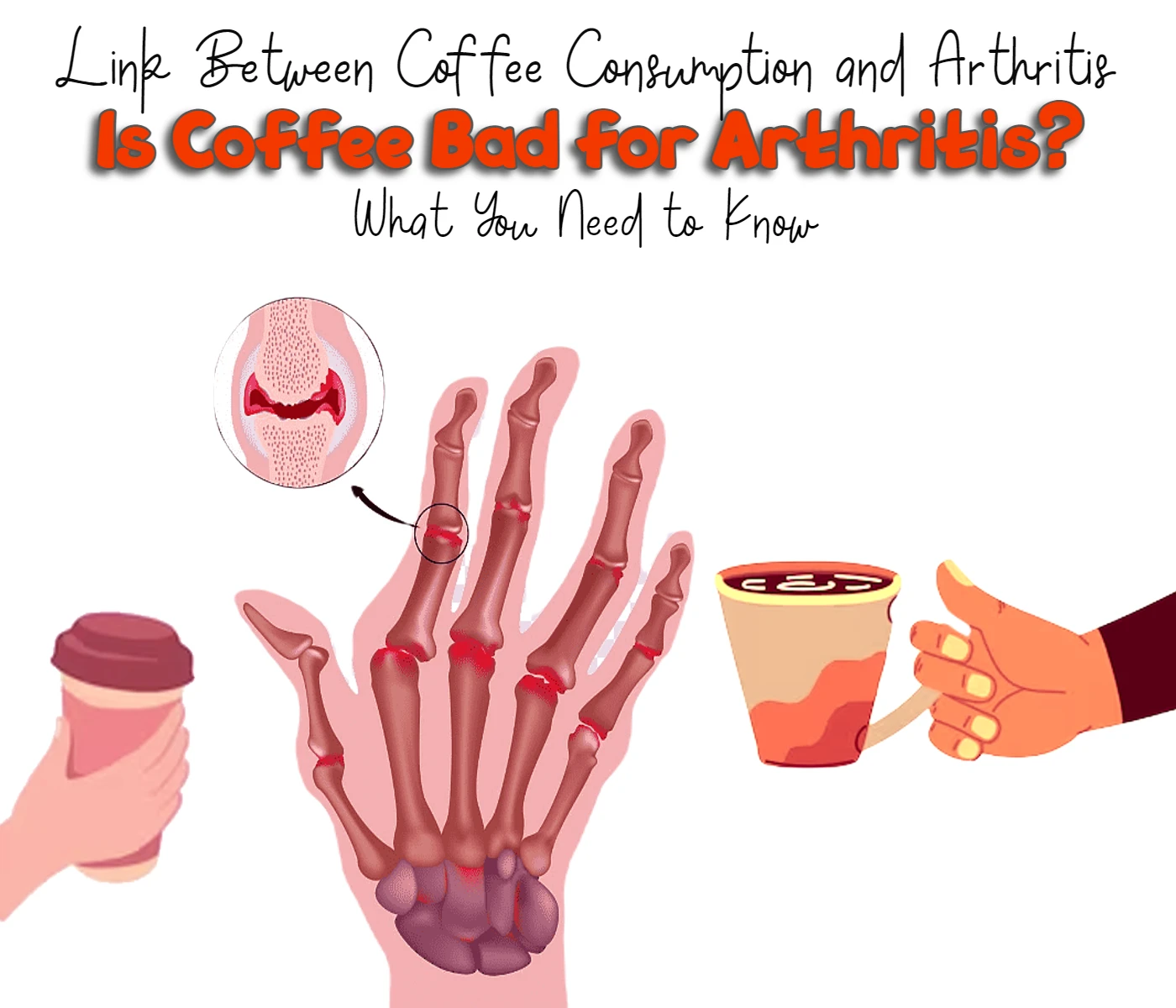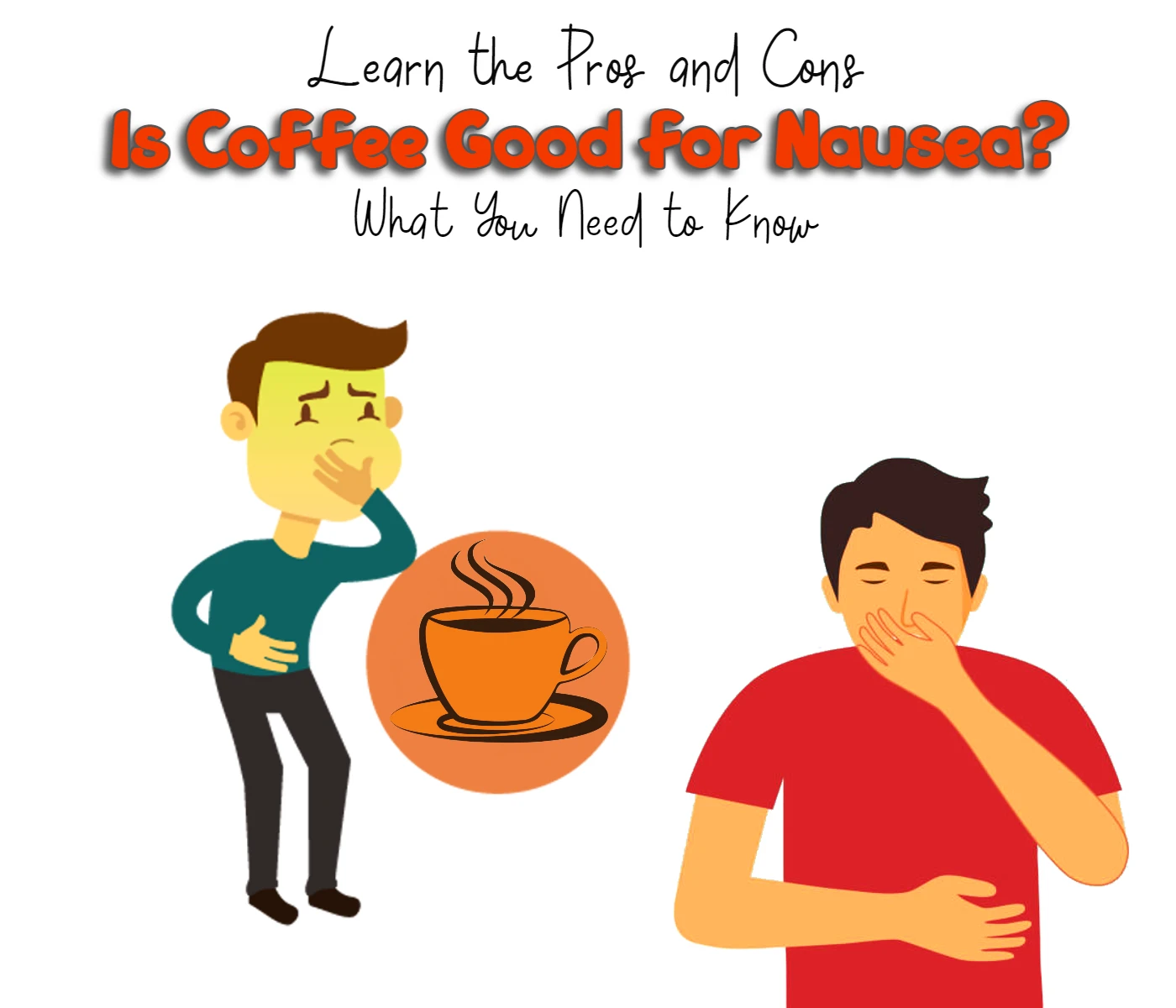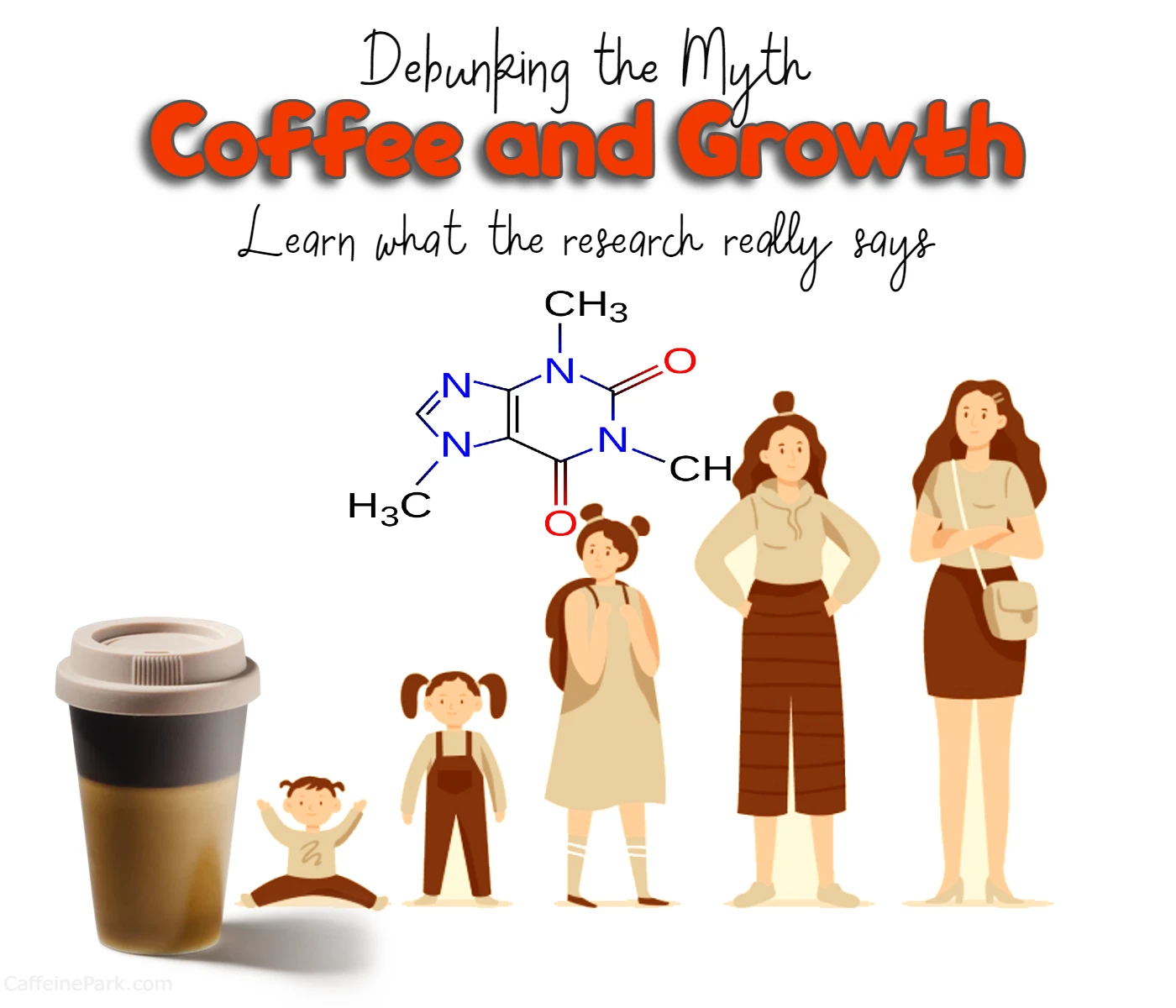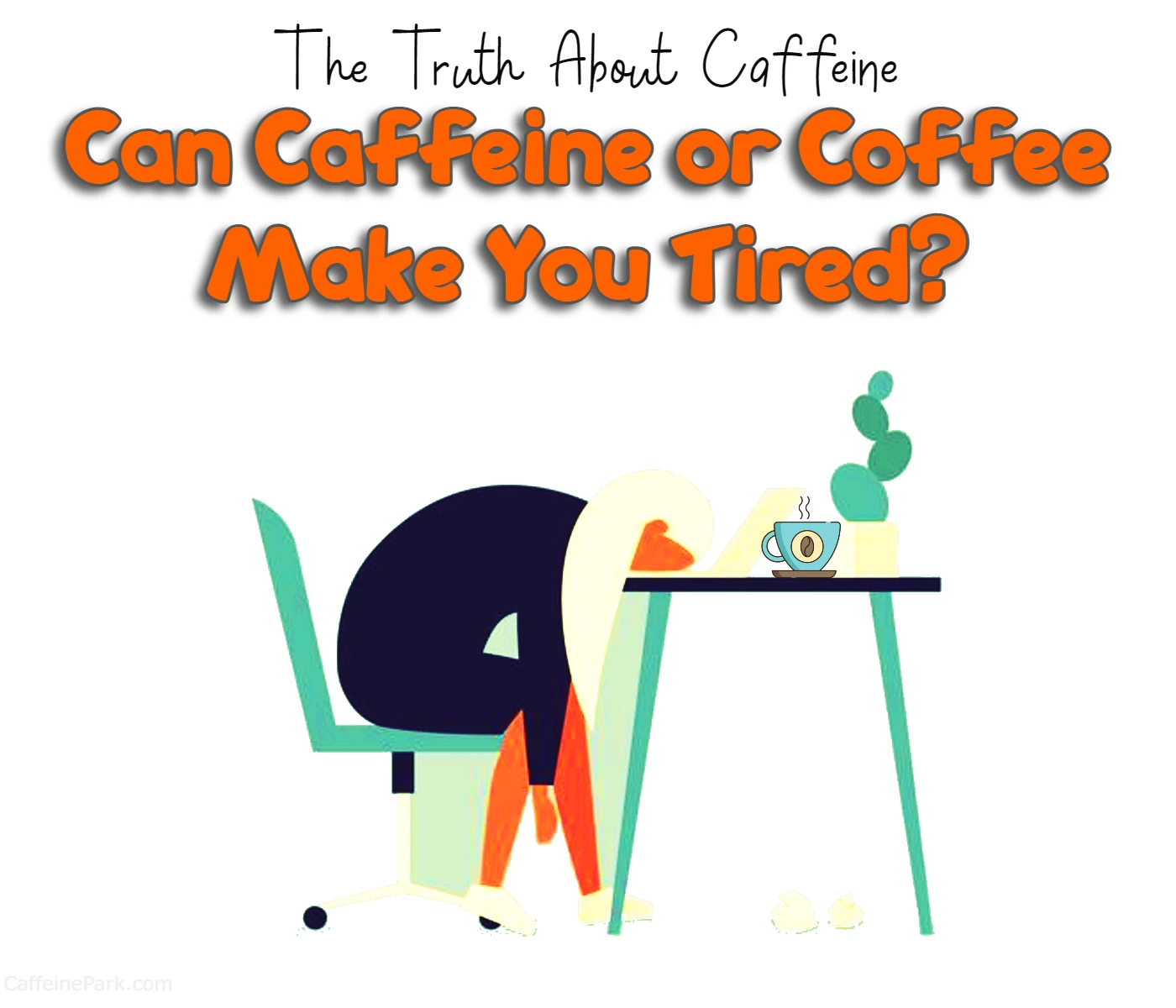Caffeine and Social Behavior
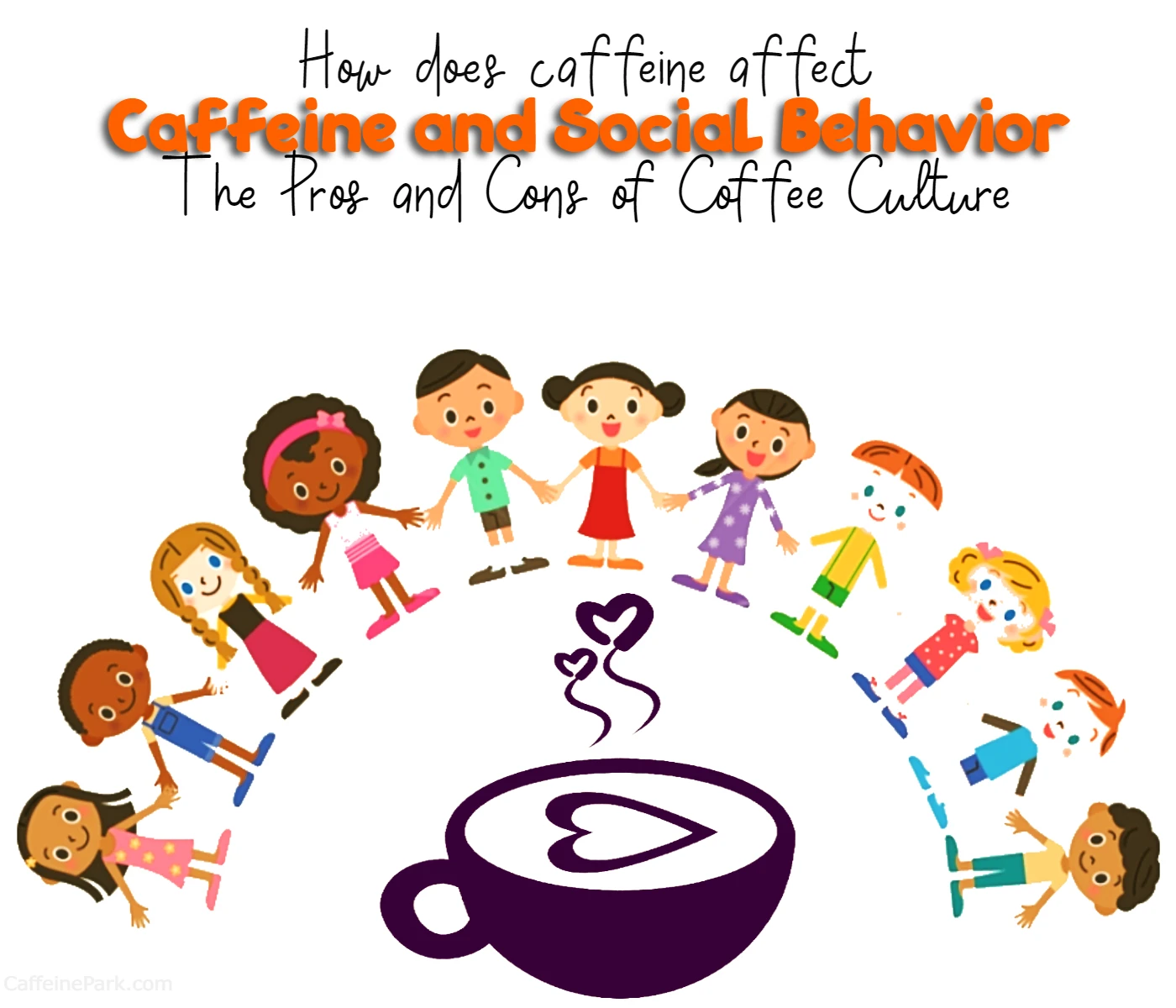
Hey there, coffee lovers! Are you curious about how caffeine affects your social behavior? Well, you’re in the right place because today, we’re going to explore the fascinating relationship between caffeine and social interactions. So, grab a cup of your favorite caffeinated beverage, and let’s get started!
Whether you’re a morning person or not, most of us rely on caffeine to kick-start our day and keep us going throughout the day. But, have you ever wondered how caffeine affects your interactions with others? Does it make you more sociable, confident, or anxious? Well, the answer is not so straightforward, and that’s what we’re going to explore in this blog.
So, if you’re curious about the effects of caffeine on social behavior, from enhancing alertness and mood to worsening anxiety and social phobia, read until the end to discover the latest research and tips on how to optimize your caffeine intake for better social interactions. Trust me; you don’t want to miss this!
First things first, caffeine is a natural stimulant found in various plants, including coffee beans, tea leaves, and cocoa beans. It is also added to many sodas, energy drinks, and medications, such as pain relievers.
Caffeine works by blocking the action of adenosine, a neurotransmitter that makes you feel sleepy and drowsy. This results in increased alertness, attention, and energy levels, which is why caffeine is a popular choice for many people, especially in the morning or during long workdays.
Now that we know what caffeine is, let’s get to the main point of our discussion: how does caffeine affect our social behavior?
Enhanced Alertness and Attention
One of the most notable effects of caffeine is enhanced alertness and attention, which can be beneficial in social situations. For example, if you have a presentation or a meeting with colleagues, caffeine can help you stay focused and engaged, leading to better performance and communication.
Moreover, caffeine can reduce mental fatigue and increase motivation, which can also be helpful in social situations that require prolonged attention and interaction. For instance, if you’re attending a networking event or a social gathering, caffeine can help you stay energized and engaged, leading to more meaningful conversations and connections.
Improved Mood and Sociability
Another potential benefit of caffeine on social behavior is improved mood and sociability. Several studies have found that moderate caffeine intake can enhance positive mood, reduce negative mood, and increase sociability in various social contexts.
For example, a study published in the Journal of Psychopharmacology found that caffeine consumption improved mood and self-perception in a group of young adults. Participants who consumed caffeine reported feeling more alert, energetic, and confident, leading to more positive interactions and social engagement.
Similarly, a study published in the Journal of Social Psychology found that moderate caffeine intake enhanced interpersonal attraction and social influence in a group of university students. Participants who consumed caffeine reported feeling more sociable, friendly, and influential, leading to more positive social interactions and relationships.
Reduced Anxiety and Social Phobia
On the other hand, caffeine can also have negative effects on social behavior, especially in individuals who are prone to anxiety or social phobia. Although caffeine can enhance alertness and mood, it can also increase arousal and anxiety, leading to negative social outcomes.
For example, a study published in the Journal of Anxiety Disorders found that caffeine consumption worsened social anxiety symptoms in individuals with social phobia. Participants who consumed caffeine reported feeling more anxious, self-conscious, and fearful in social situations, leading to more avoidance and impairment.
Similarly, a study published in the Journal of Psychopharmacology found that high caffeine intake was associated with increased social anxiety symptoms in a group of college students. Participants who consumed high doses of caffeine reported feeling more anxious, tense, and nervous, leading to more negative social experiences and perceptions.
Conclusion
In conclusion, caffeine can be a double-edged sword when it comes to social behavior. On one hand, it can enhance alertness, mood, and energy levels, which can make you more sociable, outgoing, and confident in social situations. On the other hand, excessive or chronic caffeine consumption can lead to anxiety, nervousness, and impairment, which can hinder social interactions and worsen social phobia.
Therefore, it’s crucial to be aware of your caffeine intake and its effects on your social behavior. If you’re prone to anxiety or social phobia, it’s best to limit or avoid caffeine, especially in social situations that require calmness and relaxation. It’s also important to consider other factors that can affect your social behavior, such as personality traits, social skills, and environmental cues.
On the other hand, if you’re looking for a natural boost to your social interactions, moderate caffeine intake can be a helpful tool, especially when combined with other social skills and strategies. For instance, you can use caffeine to enhance your verbal fluency, energy, and confidence, while also practicing active listening, empathy, and positive body language. By doing so, you can maximize the benefits of caffeine while avoiding its drawbacks and improving your social connections.
Facts
- Caffeine is a natural stimulant found in various plants, including coffee beans, tea leaves, and cocoa beans. It works by blocking the action of adenosine, a neurotransmitter that makes you feel sleepy and drowsy.
- Caffeine can have both positive and negative effects on social behavior. On one hand, it can enhance alertness, mood, and energy levels, which can make you more sociable, outgoing, and confident in social situations. On the other hand, excessive caffeine intake or caffeine sensitivity can lead to anxiety, nervousness, and jitters, which can worsen social phobia and impair social interactions.
- Caffeine can improve some aspects of social skills, such as confidence, energy, and verbal fluency. However, it’s not a cure-all for social skills deficits or social anxiety disorder.
- The safe and effective caffeine intake for social interactions depends on individual factors, such as age, health status, and tolerance. Generally, moderate caffeine intake (less than 400 mg per day) is safe for most healthy adults and can enhance social behavior.
- Caffeine can affect romantic relationships in both positive and negative ways. On one hand, it can increase arousal, intimacy, and positive feelings toward your partner. On the other hand, excessive caffeine intake can lead to irritability, restlessness, and insomnia, which can strain your relationship.
FAQs
Caffeine can have both positive and negative effects on social behavior. On one hand, it can enhance alertness, mood, and energy levels, which can make you more sociable, outgoing, and confident in social situations. On the other hand, excessive caffeine intake or caffeine sensitivity can lead to anxiety, nervousness, and jitters, which can worsen social phobia and impair social interactions.
Yes, caffeine can enhance verbal fluency and communication skills, which can make you more talkative and engaging in conversations. However, this effect may depend on individual factors, such as personality, dosage, and context. Additionally, excessive caffeine intake can lead to rapid speech, interrupting others, and talking too much, which can have the opposite effect and hinder social interactions.
Caffeine may improve some aspects of social skills, such as confidence, energy, and verbal fluency. However, it’s not a cure-all for social skills deficits or social anxiety disorder. In fact, excessive caffeine intake can worsen social anxiety symptoms and impair social skills, such as listening, empathy, and nonverbal communication.
The safe and effective caffeine intake for social interactions depends on individual factors, such as age, health status, and tolerance. Generally, moderate caffeine intake (less than 400 mg per day) is safe for most healthy adults and can enhance social behavior. However, people with caffeine sensitivity, anxiety disorders, or sleep problems may need to limit their caffeine intake or avoid it altogether.
Caffeine can affect romantic relationships in both positive and negative ways. On one hand, it can increase arousal, intimacy, and positive feelings toward your partner. On the other hand, excessive caffeine intake can lead to irritability, restlessness, and insomnia, which can strain your relationship. Additionally, if you rely too much on caffeine to boost your mood or energy levels, you may neglect other aspects of your relationship, such as communication, quality time, and emotional connection.
Read More:
Source:
- Mitchell, D. C., Knight, C. A., Hockenberry, J., Teplansky, R., & Hartman, T. J. (2014). Beverage caffeine intakes in the U.S. Food and Chemical Toxicology, 63, 136-142. doi: 10.1016/j.fct.2013.10.042
- Smith, A. P. (2009). Caffeine at work. Human Psychopharmacology, 24(5), 383-384. doi: 10.1002/hup.1038
- Clark, I., Landolt, H. P., & Coffee, C. (2017). Coffee, caffeine, and sleep: A systematic review of epidemiological studies and randomized controlled trials. Sleep Medicine Reviews, 31, 70-78. doi: 10.1016/j.smrv.2016.01.006
- Childs, E., & de Wit, H. (2006). Subjective, behavioral, and physiological effects of acute caffeine in light, nondependent caffeine users. Psychopharmacology, 185(4), 514-523. doi: 10.1007/s00213-006-0341-0
- Smit, H. J., & Rogers, P. J. (2000). Effects of low doses of caffeine on cognitive performance, mood and thirst in low and higher caffeine consumers. Psychopharmacology, 152(2), 167-173. doi: 10.1007/s002130000532
- Kim, K., Kim, Y., & Lee, H. (2019). The effects of caffeine on mental and physical health. Journal of the Korean Medical Association, 62(5), 319-328. doi: 10.5124/jkma.2019.62.5.319
- Juliano, L. M., & Griffiths, R. R. (2004). A critical review of caffeine withdrawal: empirical validation of symptoms and signs, incidence, severity, and associated features. Psychopharmacology, 176(1), 1-29. doi: 10.1007/s00213-004-2000-x
- Zwyghuizen-Doorenbos, A., Roehrs, T. A., Lipschutz, L., Timms, V., Roth, T. (1990). Effects of caffeine on alertness. Psychopharmacology, 100(1), 36-39. doi: 10.1007/BF02244633
- Warburton, D. M. (1995). Effects of caffeine on cognition and mood without caffeine abstinence. Psychopharmacology, 119(1), 66-70. doi: 10.1007/BF02245861
- Breiter, H. C., Gollub, R. L., Weisskoff, R. M., Kennedy, D. N., Makris, N., Berke, J. D., … & Hyman, S. E. (1997). Acute effects of cocaine on human brain activity and emotion. Neuron, 19(3), 591-611. doi: 10.1016/S0896-6273(00)80374-8

